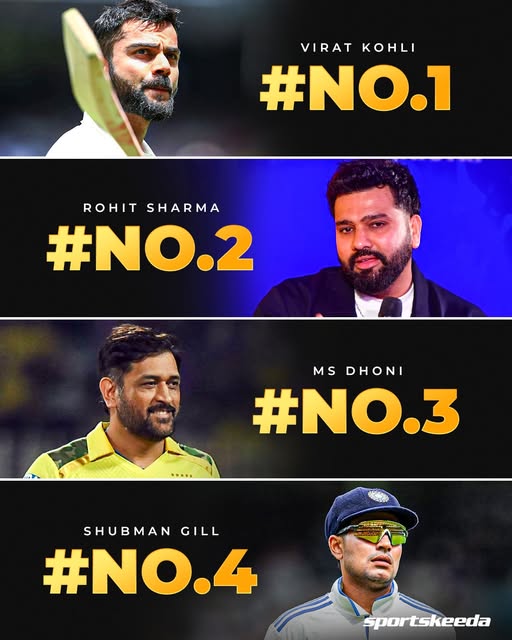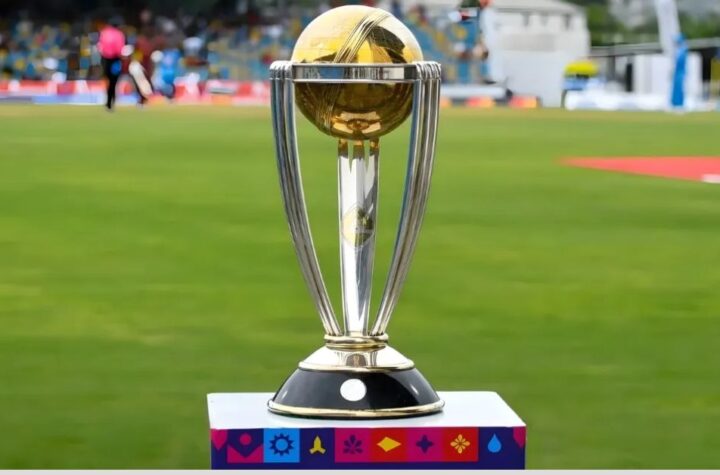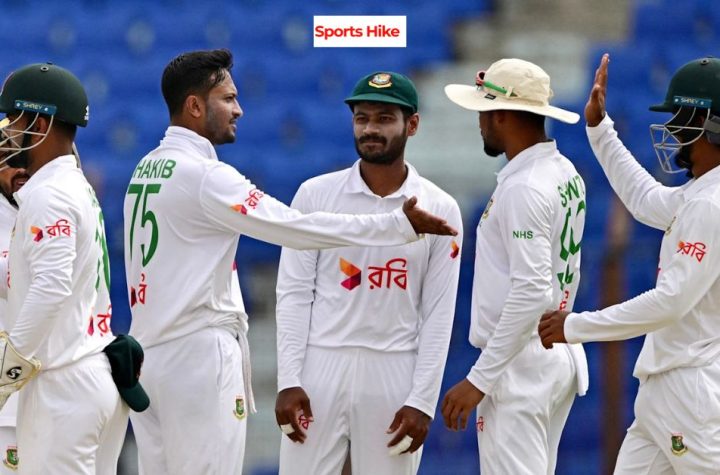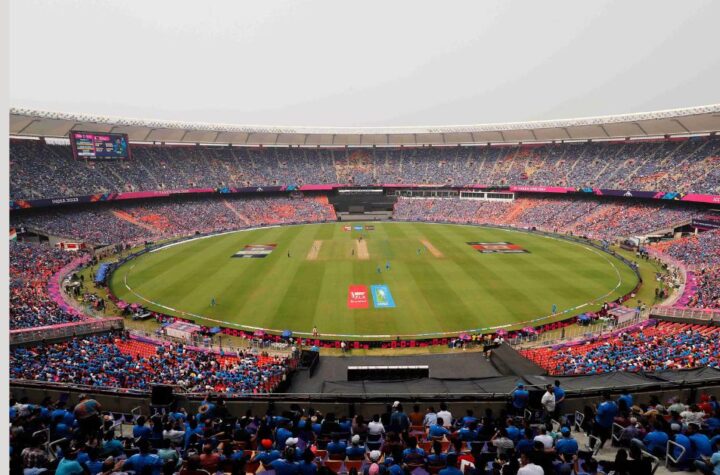
A great captain in Indian cricket must exhibit great sense of responsibility and the ability to deal with pressure effectively. Additionally, they should possess all forms of the game–batting, keeping wickets and leading his team efficiently.
Bishan Singh Bedi and Sunil Gavaskar held onto the title for short stints, before Kapil Dev seized it with his World Cup win, showing that Indian cricket could compete with any in the world.
MS Dhoni
Mahendra Singh Dhoni is an iconic Indian cricket captain renowned for his success across multiple forms of the game, from Test cricket to One Day Internationals and Twenty20 matches. Dhoni holds an unparalleled legacy as India’s captain – having won an unprecedented 11 ODI and T20 titles as captain as well as playing an essential part in cultivating world-class fast bowlers including Ishant Sharma, Jasprit Bumrah and Umesh Yadav among others.
His glove work defied convention, elevating wicketkeeping into an art form in its own right. Dhoni pulled off run-outs effortlessly and completed stumpings effortlessly; on the bat he brought power-hitting batsmanship to an arena usually reserved for steady lower-order contributions.
After initially faltering as an international cricketer, Dhoni made his name as a Test batsman. His popularity rose during the 2011 ICC World Cup where he promoted himself up the order and scored an important match-winning 91* against Sri Lanka at Wankhede Stadium.
Virat Kohli
Kohli displayed his passion openly but eventually channeled it into an inner pursuit of excellence. He began chasing totals with gusto and India found an batsman who would lead them towards glory.
Kohli was in great demand before suffering the tragedy of his father’s death while playing his second Ranji Trophy match for Delhi in 2006. That setback proved decisive; redoubling efforts on practice ground, recruiting Under-19 coach Lalchand Rajput as well as Tendulkar to help improve.
Over the next decade, Kohli’s batting prowess was enough to surpass India’s legendary fast bowlers and lead India to 40 Test victories in 68 matches (24 home and 16 away) under his captaincy, surpassing Sourav Ganguly’s previous best. His success overseas underscored his deep understanding of the game that he employed so successfully when leading India as skipper; his run machine mentality in One-Day Internationals made sure any deficit could become an advantage and victory was often attained thanks to his skillful leadership.
Rohit Sharma
Rohit Sharma first played for India against Ireland in an ODI match in 2007. That year he helped India win the inaugural ICC T20 World Cup tournament and established himself as a regular feature in both ODIs and Test matches, though Test prospects weren’t as certain.
He experienced several close calls – such as being dismissed without scoring on his tour of Australia and failing in Border-Gavaskar series against New Zealand – before receiving a Test cap once again for Nagpur epic against South Africa in 2013.
Once Rohit earned India’s prized test cap, however, it quickly became clear he was to lead India’s pursuit of Test success. Seizing upon his opportunity with both hands he scored a stunning 177 in his opening innings that brought the match back into their favor – later going on to captain them until 2023 World Test Championship cycle concluded and finally retiring at 2024 World Test Championship cycle.
Shubman Gill
Shubman Gill is an Indian cricketer who has displayed immense talent and potential from an early age. His batting technique and temperament have earned praise from both critics and fans, while his hard work and dedication have propelled his rise through the ranks – earning him recognition in Indian Premier League with many match-winning innings under his belt.
He played an integral part of India Under-19 side that won 2018 ICC World Cup and has since been heralded as the future of Indian batting. Critics praise his consistency and ability to adapt across different formats of the game.
Gill was born and raised in Fazilka, Punjab, playing with bat and ball as his preferred toys. Seeing Lakhwinder recognize his son’s natural talent and passion for cricket, they moved their family to Mohali near PCA Stadium. At PCA there was a small academy offering expert coaching that helped Gill hone his game further.





More Stories
The 2031 Cricket World Cup
Bangladesh Announces Strong Pace-Focused Team Ahead of Test Series in Pakistan
How Many Cricket Stadium in India